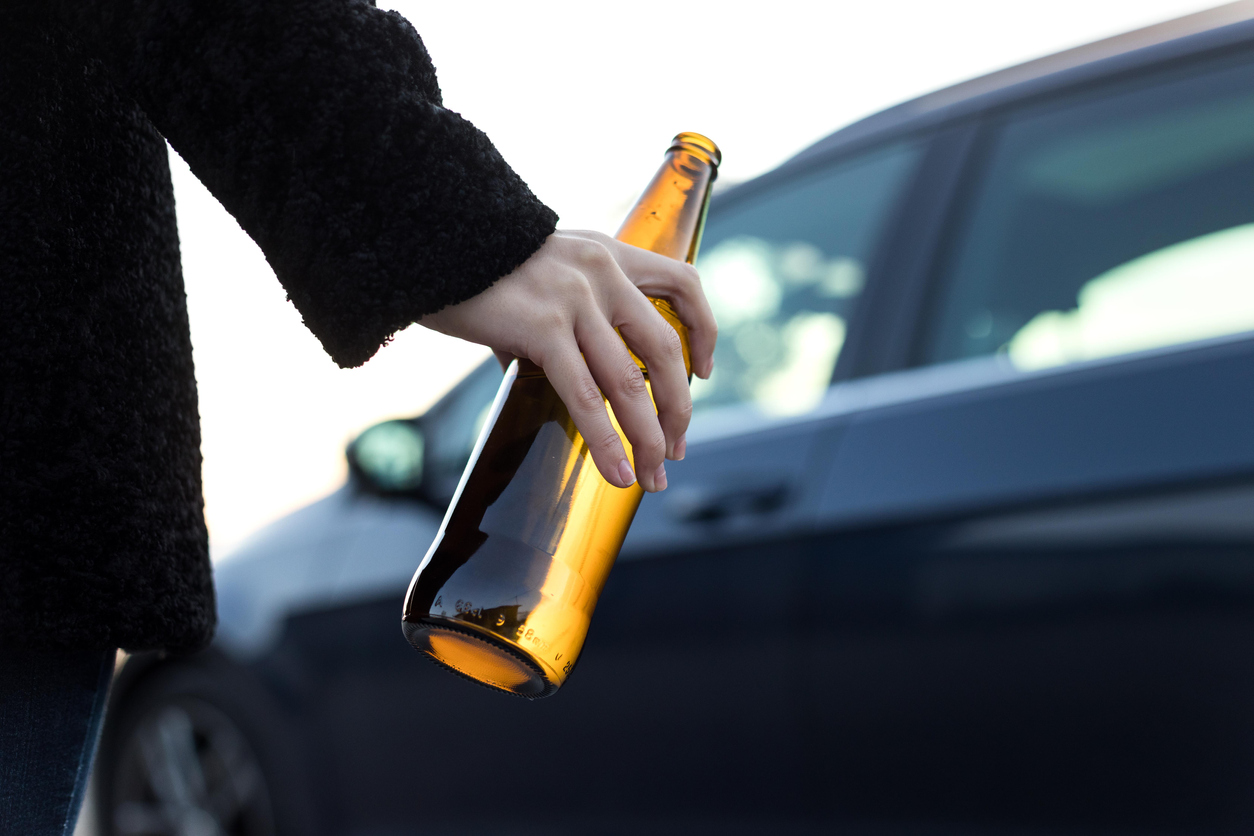
What does “being in charge of a vehicle while above the legal limit” mean?
Most people are generally familiar with the law surrounding drink and understand that you are guilty of an offence if you drive above the prescribed limit or whilst unfit. People also have a general understanding of how much they can drink and not be above the limit and that people of different shapes and sizes can drink different amounts, with the same level of intoxication.
But people often don’t realise that you can be guilty of an offence if you are drunk in a stationary vehicle?
The following article explores the lesser-known offence of being Drunk in Charge of a Vehicle and addresses three important questions:
- What does being ‘In Charge’ of a Vehicle while being above the legal limit mean?
- What is the difference between Drink Driving and being Drunk in Charge mean?
- What are the potential sentences for being Drunk in Charge?
What does being in charge of a vehicle while above the legal limit mean?
An individual can be guilty of an offence of Being Drunk in Charge of a vehicle if they:
- Are ‘In charge’ of a vehicle,
- Which is on a road or a public place,
- They over the prescribed limit for drink or drugs.
What is the Definition of “Being In Charge”?
There is no fixed definition of what is classed as being ‘in charge’ of a motor vehicle and therefore the courts will take each case on its own facts. However, a person will generally be considered to be ‘in charge’ if they are in control of a vehicle, assumed the role of being in charge, are the lawful possessor of the vehicle or have recently driven it. Possession of a key and proximity are often key factors.
What is a “Public Place” in Driving Law?
This is a seemingly uncontroversial element of the offence, the parameters of what is a public or private though generally are not that simple. The Courts will consider whether the public are authorised access, whether there are barriers to entry, any signs suggesting the land is private and whether such signs are enforced.
If, however, you have a case where there is ambiguity in relation to this point. Please contact the office and one of our solicitors can provide further assistance.
When are You “Over the prescribed limit” in Alcohol?
In England and Wales, a person will be over the prescribed limit for alcohol if they have 35 Micrograms of alcohol per 100ml of breath.
Are There any Defences to Being Drunk in Charge of a Motor Vehicle?
There are an array of defences relating to the procedure and admissibility of samples, but the most common defence is provided by statute. An individual will have a statutory defence if they can prove, on balance, there was no likelihood of driving whilst they were over the prescribed limit
What’s the difference between drink driving and being in charge of a vehicle?
The offences of Drink Driving and Being Drunk in Charge do have a degree of overlap. The main difference between the offences is that for the offence of Drink Driving, an individual has to be driving or attempting to drive. That usually involves control of the motion of the vehicle.
However, for an offence of Drunk in Charge, no driving is required.
There is also a difference in sentence given for each offence. For an offence of Drink Driving an individual will receive a mandatory disqualification (unless Special Reasons exist). However, no such disqualification is mandatory for an offence of being Drunk in Charge.
What are the penalties for being in charge of a vehicle while over the legal limit?
The sentences that can be given for being Drunk in Charge of a vehicle can range from a Band A fine to 6 weeks imprisonment for the most severe cases. Factors that may determine the severity of a sentence include the specific facts of the case and the personal circumstances of the defendant. A band A fine ranges from 25% – 75% of the defendant’s relevant weekly income.
A court may deem certain circumstances to ‘aggravate’ the sentence given and may deem that other circumstances ‘mitigate’ the sentence given.
Aggravating factors
- Failure to comply with current court orders
- Offence committed on license or post sentence supervision
- In charge of a LGV, HGV, PSV.
- High likelihood of driving
- Offering to drive for hire or reward
- Previous convictions
- Offence committed whilst on bail
Mitigating factors
- No previous convictions or relevant / recently convictions
- Low likelihood of driving
- Spiked drinks
- Remorse
- Good character and/or lack of maturity
- Mental disorders
Do you need some assistance with a drunk in charge of a vehicle offence?
If you’ve been accused of being drunk and in charge of a vehicle the best thing you can do to defend yourself is to partner with some expert driving offence solicitors. We’re here to help at Driving Offence. Our expert driving offence solicitors can help you no matter your case, contact us here to hear how we can help you.
Read More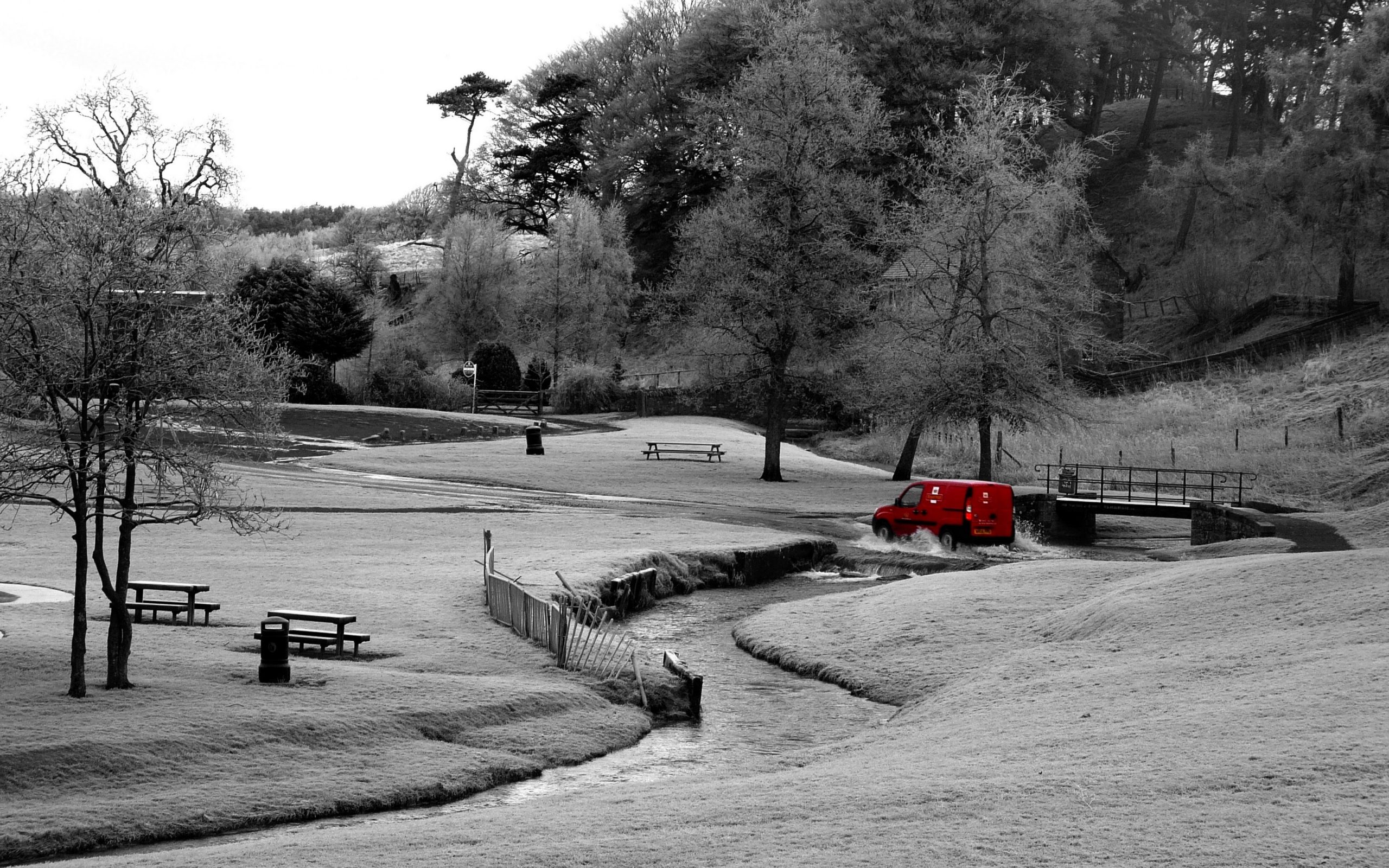
Poor postal services due to the pandemic are helping road traffic defendants
The pandemic has put a big strain on UK postal services. With staff members becoming ill and having to self-isolate this has led to reduced services across Royal Mail and other courier companies.
This has resulted in instances where post has been delivered days or even weeks after the date it was supposed to arrive.
How late arriving mail can help your road traffic defence?
The Interpretation Act governs this area of law. It states that properly addressed and prepaid letters are deemed to have been served at the time that the letter would have been delivered in the ordinary course of post. This has been interpreted as the second working day after the date it was posted. If evidence can be given to challenge the date of a letter’s actual delivery, it can result in certain types of road traffic prosecutions being contested.
We have had numerous decisions over the last year which have resulted in our clients avoiding prosecution for road traffic offences. They have been found not guilty because official correspondences have not been delivered to them in reasonable time by mail.
The law in relation to the requirement for Notices of Intended Prosecution is contained in Section 1 of the Road Traffic Offenders Act 1988 but it is complicated. If you believe you have not been given enough time to respond to your notice, or the chance to contest the notice has passed completely you should seek representation from a solicitor with experience of this issue immediately.
Read More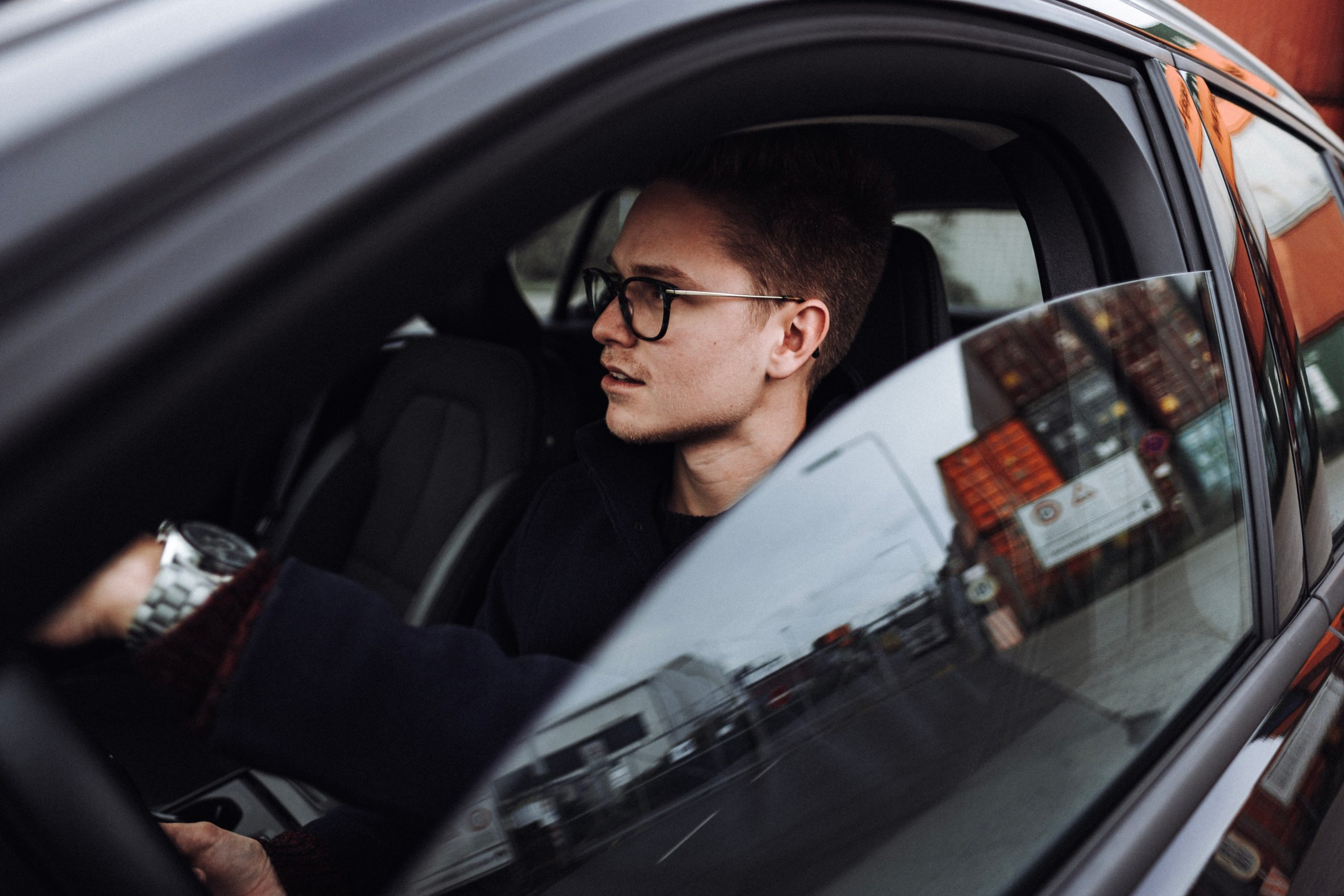
What is the legal eyesight standard for driving? Section 96 of the road traffic act 1988 explained
On the 12th of April 2020 Dominic Cummings drove to Barnard Castle to test his eyesight. This is not the recommended way to test your vision. If you need a legal eyesight test for driving we would advise you steer clear from driving until you’ve had a professional checkup.
One year on from this news story and our expert driving lawyer Gwyn Lewis explains the laws in relation to eyesight when driving and why checking your sight in the way Dominic did might lead to prosecution.
If Dominic shared the reasons he was driving to the castle with a Police Officer (he was testing his sight after a positive Covid-19 test led to a reduction in vision) the on duty officer may have asked him to perform an eyesight test at the side of the road and things may have turned out quite differently for him.
Mr Cummings might have found himself being prosecuted, having his driving licence suspended or even being disqualified from driving.
What is the law in relation to eyesight and driving?
The Law is found in section 96 of the Road Traffic Act 1988. The law states a person must all be able to fulfil minimum qualifications in terms of their eyesight. Those who fail are liable to receive a fine, 3 penalty points and possibly disqualification from driving.
Can the Police request a roadside eye test?
Yes, if a Police Officer suspects a person of not having sufficient eyesight to be able to drive, they can require a driver to carry out a test of their vision. The officer must be in uniform, it must be between 8am and 9pm and must be daylight.
How do the police test a driver’s eyesight?
Many will remember being asked at their driving test to read a vehicle registration plate from a distance. The test required by a police officer is the same and is found in Rule 92 of the Highway Code.
This states a driver must be able to read a number plate on a vehicle from 20 metres away using their normal vision. This is also with the use of any glasses or contact lenses if worn whilst driving.
Can I refuse a driving eyesight test?
Yes, the police can’t make you read the number plate. But there could be serious consequences if you don’t.
What happens if I refuse a driving vision test?
If you refuse you are likely to receive a summons for an offence contrary to section 96(3). The police are also able to contact DVLA and recommend that your driving licence is revoked.
If the police believe you are a danger to the public due to poor eyesight, then this could be fast tracked meaning that your licence could be revoked within hours.
If revoked it will not be returned until you can prove that your eyesight can meet the minimum standard.
Do I need to tell DVLA if I wear glasses?
No, if you are long or short sighted you do not need to inform the DVLA providing that you wear glasses when driving in order to satisfy the standards for vision.
The same applies if you have had corrective surgery.
Do I need to tell DVLA if I am colour blind?
No, you may drive and do not need to notify DVLA.
When do I need to notify DVLA in relation to my vision?
You need to notify DVLA if you have been diagnosed with a number of different eyesight conditions including Diplopia, Blepharospasm and Nyctalopia. If you are unsure about whether you need to inform DVLA then please contact us.
Need more information
If you need any further information or advice then our team of expert driving lawyers are available to assist you, for an immediate response please contact us.
Read More
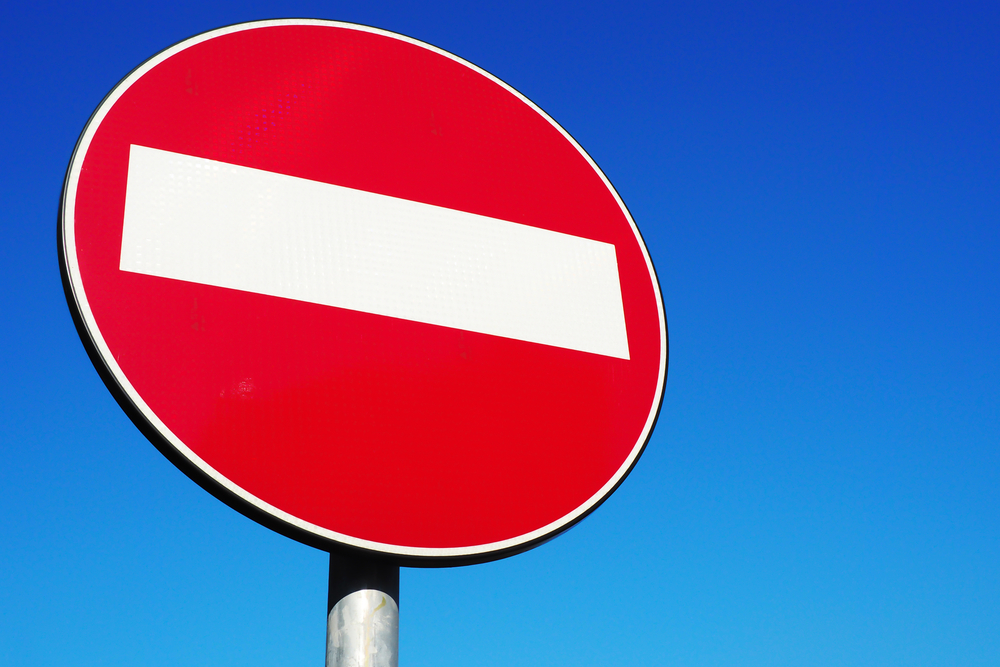
Are You A High-Risk Offender? – The Reason Why Your Ban Might Be longer Than Expected or Indefinite!
There are many defendants convicted of drink driving offences who leave the Courtroom with a belief as to the actual length of the driving disqualification which had just been imposed. But for a significant number further down the line they will be shocked to discover it could be far longer. For some it could be indefinite.
Contrary to popular belief, there is no definitive legal ‘right’ to hold a driving licence in the United Kingdom. Being of at least 17 years of age and having passed both parts your driving test and not otherwise being disqualified doesn’t guarantee you a right to a driving licence.
To be clear, the Secretary of State for Transport has the legal right, where justified in the circumstances, to withhold a driving licence. A drink drive conviction is one of the circumstances where a driver may be deemed a ‘high-risk’.
But what is a High-Risk Offender (HRO)?
The HRO scheme applies to drivers convicted of the following:
1. Disqualification for driving or being in charge of a vehicle when the level of alcohol in the body equalled or exceeded either one of these measures:
– 87.5 mcg per 100 ml of Breath
– 200.0 mg per 100 ml of Blood
– 267.5 mg per 100 ml of Urine
2. Two disqualifications within 10 years for drink-driving or being in charge of a vehicle while under the influence of alcohol.
3. One disqualification for refusing or failing to supply a specimen for alcohol analysis.
4. One disqualification for refusing to give permission for a laboratory test of a specimen of blood for alcohol analysis.
If I fall into one or more of the categories, will I be able to apply to get my licence back?
It means that at the end of your disqualification period, your licence will not be returned.
So how do I get my licence back then?
You will need to have a medical assessment of your suitability to hold a driving licence; this will consist of three parts as explained below:
- A Questionnaire
- Serum CDT (Carbohydrate-Deficient Transferrin) Assay tests
- Any further testing indicated as being required.
If a driving licence is awarded, the ’til 70 licence is restored for a Group 1 car and motorcycle driving. Also, consideration may be given for a Group 2 licence.
If a high-risk offender (HRO) has a previous history of alcohol misuse or dependence but has given satisfactory examination and blood tests, a short period driving licence may be issued for ordinary and vocational entitlement, but it is dependent on the drivers ability to meet the required standards as specified above.
A HRO found to have a current history of alcohol dependence or misuse or unexplained abnormal blood test results is likely to have the application refused. It is in those circumstances it is possible that a HRO who may never be able satisfy the above, may never get their driving licence returned.
As a HRO what steps can I take?
You are likely to need to reduce your alcohol intake significantly if you are regularly consuming large quantities of alcohol, otherwise, this pattern of alcohol abuse will reveal itself when the blood sample is analysed (for liver function markers).
Why did the court not warn me about this?
Unfortunately, in our experience, defendants are often not advised of this consequence relating to drink driving convictions. Our motoring lawyers regularly take calls from HRO wanting advice on what they can do about it.
Can I Appeal?
Yes you can. We have a dedicated team of driving offence experts who are ready, able and willing to assist you through the process.
If you would like to discuss this further with one of our experts, then please contact Nick Terry or Gwyn Lewis on insert number
Read More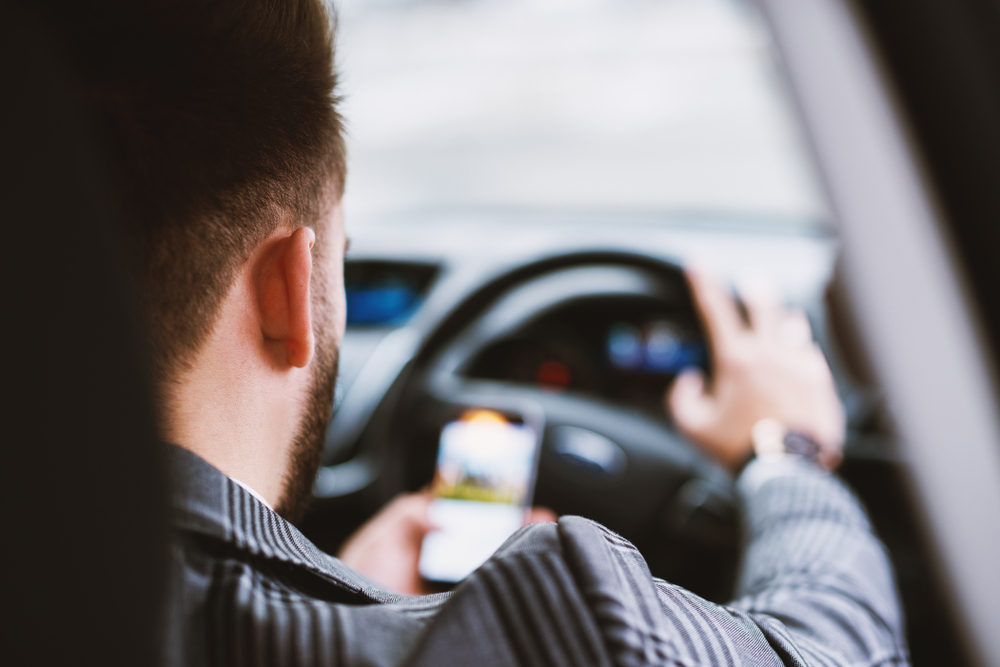
FAQS: Driving Disqualification
Can a Driving Ban be Removed Early?
The short Answer is yes it can in certain circumstances, a disqualification may be removed early by an application being made to the court.
When Can I Apply to Remove A Driving Disqualification?
For this to occur, a minimum period of two years must have elapsed from the date when the original disqualification was imposed and if the original disqualification was for longer than four years, then half the disqualification period must have elapsed before any such application can be made.
What will the Court Consider in Deciding Whether to Remove a Disqualification?
The court then has a very wide discretion to consider the return of a licence early, having regard to the applicant’s character, his conduct subsequent to his conviction, the nature of the original offence and any other circumstances of the case, they can remove the disqualification.
The application has to be made to the original court that imposed the disqualification, this could be to the Crown or Magistrates Court.
How Can We Help?
We have considerable track record of success in relation to these applications, as it is a discretionary power and so long as some good reason can be shown as to why the licence should be returned early, for example a new job prospect or perhaps some pressing need within the applicant’s family, then such applications are often successful.
The court has the power to remove the disqualification or refuse the application altogether, however the court also has the discretion to remove the disqualification “from such date as may be specified in the order” and so on occasions, we are able to persuade the court that whilst it may not yet be appropriate to return a driving licence, upon the passage of some further period of time the application can be granted. Additionally if refused, it is possible to renew the application once again before the court once three months has elapsed.
Please contact us to discuss how we can help
Read More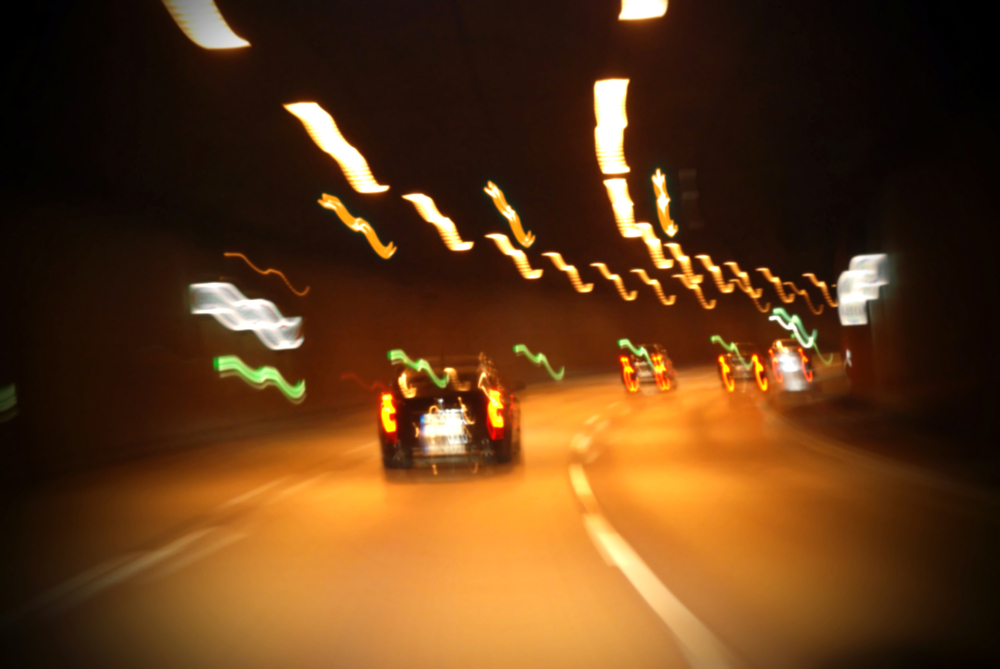
What Is The Law Regarding Driving Under The Influence Of Cannabis?
While it’s common knowledge that drink driving is a crime, fewer people are aware of the law relating to driving under the influence of cannabis. Let’s look at just a few things to take into account.
Can the police force me to take a drug test even if my driving isn’t impaired?
If police officers have reason to suspect you’re driving under the influence of a controlled drug such as cannabis, they’re legally permitted to conduct a roadside drug test.
Roadside drug testing kits have made it easier for police officers to arrest people for drug driving, enabling them to test for controlled substances immediately after pulling someone over.
If a test suggests you’ve taken one of the 17 listed controlled substances, you’ll be arrested and taken for a blood or urine test at the police station.
What evidence is needed for a conviction?
In March 2015, the drug driving law changed to make it an offence to drive with one or more controlled drugs above a specified level in your blood.
The change in Section 5A of the Road Traffic Act means that the police no longer have to prove that a driver was impaired by drugs they have taken. Instead they simply have to show that drugs had been in their system above the specified level.
If it can be proven in court that a person was driving over the legal cannabis limit, there may be a conviction.
What sentence will I receive for driving under the influence of cannabis?
If the prosecution can prove that you were under the influence of cannabis while driving, you could face disqualification, an unlimited fine, up to 6 months in prison, and a criminal record.
Your driving licence will also show the conviction for up to 11 years.
Causing death by dangerous driving under the influence of drugs can result in a prison sentence of up to 14 years.
What other problems could I face for driving under the influence of cannabis?
A drug driving conviction could see your car insurance costs rise considerably. If your job involves driving, your employer will find out about your conviction. Employers may also learn about your conviction if they carry out a criminal record check.
Having a drug driving conviction could affect your ability to travel. Some countries such as the USA are very strict when accepting people with criminal convictions into the country.
What should I do if I’ve been arrested of driving under the influence of cannabis?
If you’ve been arrested for driving under the influence of cannabis, it’s crucial that you seek legal support as soon as possible. A lawyer will help to defend you from the moment you have your first police interview right on through to your court case if necessary.
To speak to one of our solicitors, please get in touch. We’re available around the clock so you can rest assured we’ll be on hand when you need us.
Read More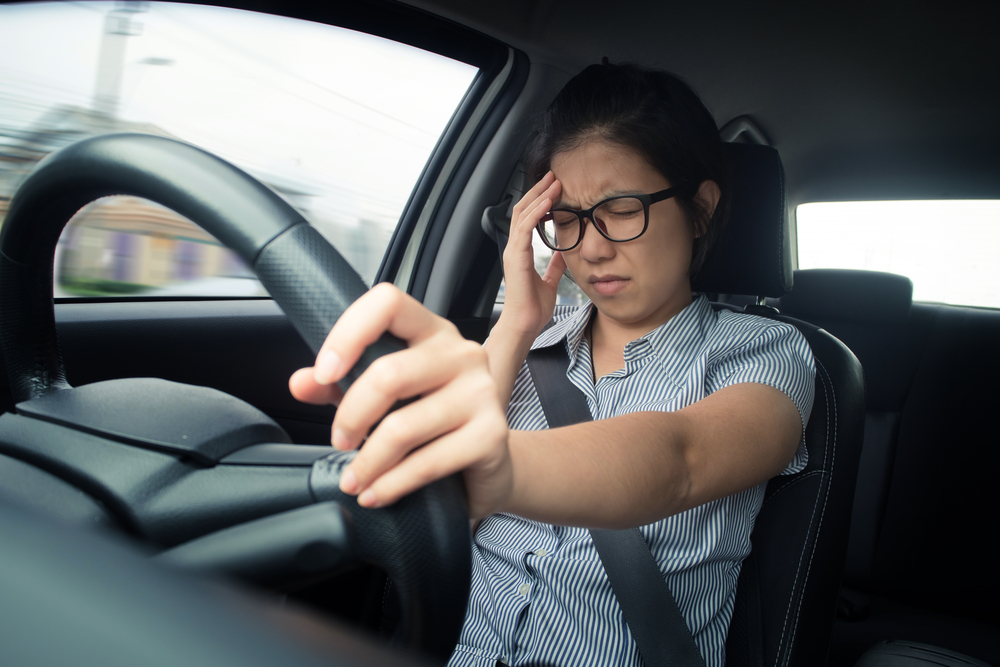
The Morning After: Why It Can Be Dangerous To Drive The Day After A Night Out
20% of British drivers have admitted to driving the morning after a night of heavy drinking, despite still being intoxicated with alcohol.
According to a survey by road safety charity, Brake, many motorists believe that if they’ve had some sleep following their drinking session, they’ll be alright to drive afterwards. However, in reality, many of these drivers may still be over the alcohol limit when they get behind the wheel.
With drink drivers causing an estimated 240 deaths and more than 8,000 casualties a year it’s crucial that you ensure all alcohol has left your system before driving.
How quickly is alcohol removed from the body?
Alcohol is removed from the blood at approximately one unit per hour, but this can vary from person to person. The speed in which your body processes alcohol can depend on a multitude of factors including your size, sex, age, metabolism, how much food you’ve eaten and the health of your liver. If you’re taking medication, this may also have an impact.
How can I speed up the process so I can drive sooner?
From drinking lots of water to eating a big greasy breakfast, most people have tricks up their sleeves to ‘sober up’. However, while these tactics may make you feel less drunk, they don’t actually speed up the time in which it takes for alcohol to leave the body. Unfortunately, it’s simply a case of being patient and waiting it out until the alcohol is gone.
How many units does a drink contain?
The number of units in an alcoholic drink can vary depending on the type of alcohol, the size, and the brand. The following list from the NHS can serve as a rough guide:
● 175ml glass of wine of average strength (12%) – 2.1 units
● 250ml glass of wine of average strength (12%) – 3 units
● One pint of low-strength lager, beer or cider (3.6%) – 2 units
● One pint of high-strength lager, beer or cider (5.2%) – 3 units
● One single measure of spirits – 1 unit
What should I do if caught drink driving?
Being convicted of driving with excess alcohol can result in you being disqualified from driving. Just think how often you use and rely on your car whether for work, to drop the kids at school or look after relatives. A disqualification from driving is likely to have a devastating impact on your work and home life which is why you need immediate advice from an expert who specialises in these complicated areas of law.
For more information on drink driving, the law and possible consequences and defences see here.
To speak to one of our experienced driving offence solicitors, please get in touch. We’re available around the clock so you can rest assured we’ll be on hand when you need us.
Read More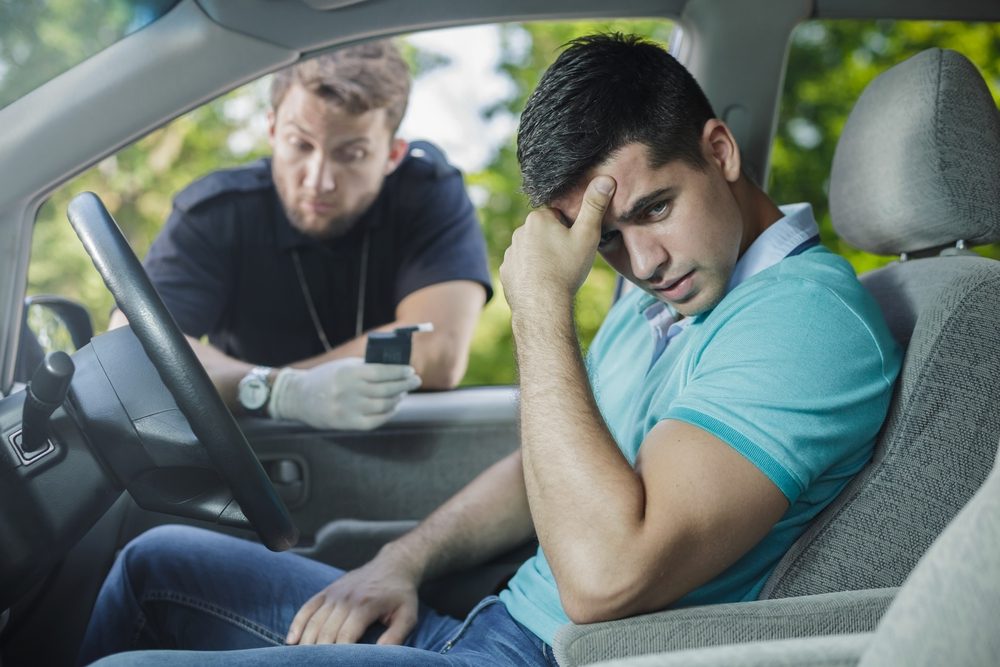
Are These Drink Driving Myths True Or False?
From drinking coffee to sober you up to refusing breath tests until you’ve spoken to a lawyer, when it comes to drink driving myths, we’ve heard them all. Today we’ll debunk just 6 of the most common driving driving fables.
1. It’s safe to drink two alcoholic drinks before driving – False
There is no scientific evidence to suggest it’s safe to drive after drinking two alcoholic drinks. Not only can this amount of alcohol impair your ability to drive safely, if you’re asked to take a breathalyzer test, you’re likely to fail it.
You still may fail even if you only had two drinks as it will be dependant on factors such as the alcohol content of the drink, timespan since drinking, and personal attributes such as size and weight.
2. Drinking lots of water after drinking alcohol can make it safe for you to drive – False
Some people believe that if they drink plenty of water towards the end of a night out, they can drive home afterwards, despite having several alcoholic beverages earlier on in the evening.
However, it doesn’t matter how much water you drink, the only thing that can make it safe for you to drive is time. Drinking water before driving won’t make you a safe driver. If you’re pulled over by police or involved in an accident, you’re likely to still be over the legal limit.
3. It’s always safe to drive the morning after a night of heavy drinking – False
Many drivers assume that a few hours sleep and a strong coffee is all they need to be fit to drive following a night out. However, according to the Department for Transport, one in five motorists found drink driving are caught the morning after.
More than a third of people underestimate when it’s safe to drive the next day and almost half of young drivers have admitted to driving the day after a heavy night.
In 2008, professional footballer Luke McCormick was imprisoned after admitting to causing death by dangerous driving after his vehicle ploughed into another car carrying a family on a day out.
Arron Peak, 10, and his brother Ben, eight were killed in the crash and their father Phil suffered serious injuries. McCormick was found to be twice over the drink drive limit after drinking heavily the night before.
In short, it’s not always safe to drive the next morning, even if you only feel a little bit hungover or you’ve had a big greasy breakfast.
4. You don’t have to take a breathalyzer test if you want legal advice first – False
Some people believe that they don’t have to take a breathalyzer test if they don’t want to and can request to see a lawyer first. However, this myth is absolutely false.
The police are legally allowed to stop you at any time if they wish you to take a breathalyzer test. They can do this if:
- They suspect you’ve been drink driving
- You’ve committed a traffic offence
- You’ve been involved in a road traffic accident
If you refuse to take a breath test, you can be arrested. If you have a genuine medical condition that prevents you from giving a sample, this may work in your defence.
5. Employers can’t find out about drink driving convictions unless it’s in the news – False
Drink driving convictions are recorded on the police national computer and if a current or potential employer carries out a CRB or DBS check on you, your conviction will show up.
6. If I move abroad, I won’t have to disclose my drink driving conviction – False
If you’re convicted of a drink driving offence, you will need to disclose this when applying for a travel visa. Also, if you wish to hire a car in another country, you will usually need to provide a full valid driving license in order to do so. If you have points on your license or no license at all, problems may arise.
To speak to one of our experienced driving offence solicitors, please get in touch. We’re available around the clock so you can rest assured we’ll be on hand when you need us.
Read More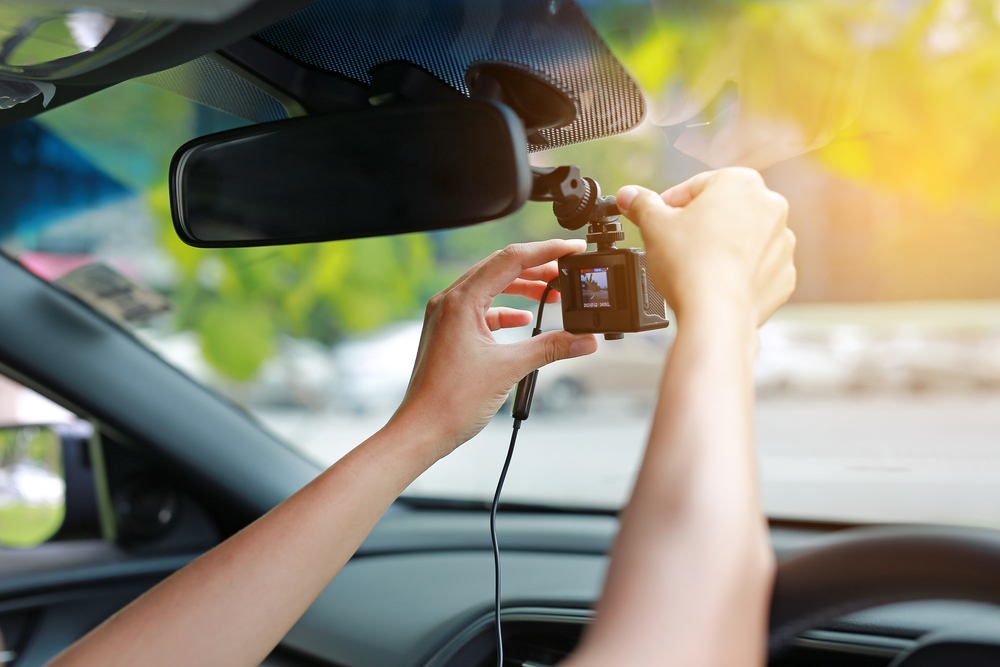
Legality Of Dash Cams
With advancements of technology the prevalence of privately recorded footage in the justice system has shown a marked increase. It seems there is seldom a noteworthy event that goes uncaptured by a gaggle of smartphones or such devices. There has also been a rise in the number of individuals having dash cams fitted to their own vehicles. Our Nick Terry discusses the legal implications and other issues future buyers or owners of dash cams might want to consider before hitting the record button.
Are dash cams legal?
The short answer is no, it is not unlawful for a dash cam to be fitted in a private vehicle despite the fact that some would argue it then records unsuspecting members of the public. In the UK however, use of such devices is not considered to breach any rights to privacy. This position cannot be said to be true of all European countries and so motorists should be mindful of this ensure they check the legal position should they decide to take their vehicle abroad.
However, there are other pitfalls which motorists should be aware of. If the car or van is a company vehicle then it is important that all potential users are informed as most dash cams also record audio inside the vehicle and this can be considered a breach of privacy. This will have applications to many vehicles including taxis, couriers and the pool cars.
It should also be noted that the fitting of dash cams is also important as it mustn’t be in the eye line of the driver otherwise this can amount to an offence in itself. For example S41D of the Road Traffic Act creates a specific offence where a driver is “not driving a motor vehicle in a position which does not give proper control or a full view of the road and traffic ahead”.
Or if by virtue of the equipment it causes you to drive below standard of most competent motorists then you could find yourself being prosecuted for an offence of careless driving.
Buyer beware
If a dash cam is properly installed and all relevant parties are informed of its existence the device can be very useful should there be any incidents or collisions as the footage contained on the dash cam is admissible in the UK courts. That said, it must always be remembered that the footage is admissible both for and against the motorist that owns the camera. If a police officer were to stop a motorist, alleging that they had may be gone through a red light or undertaken a vehicle in a careless manner then the footage could be seized and used against them.
There is also nothing to stop a police officer looking back at other footage and you being prosecuted for a multitude of other violations and also listen in to your conversations.
Whilst dash cams clearly have their uses in modern society, there are a number of motorists we are sure who would not necessarily want every manoeuvre conducted or location visited to be recorded so it might be that a little more thought has to go into whether to purchase such an item before taking the leap.
To speak to one of our experienced driving offence solicitors, please get in touch. We’re available around the clock so you can rest assured we’ll be on hand when you need us.
Read More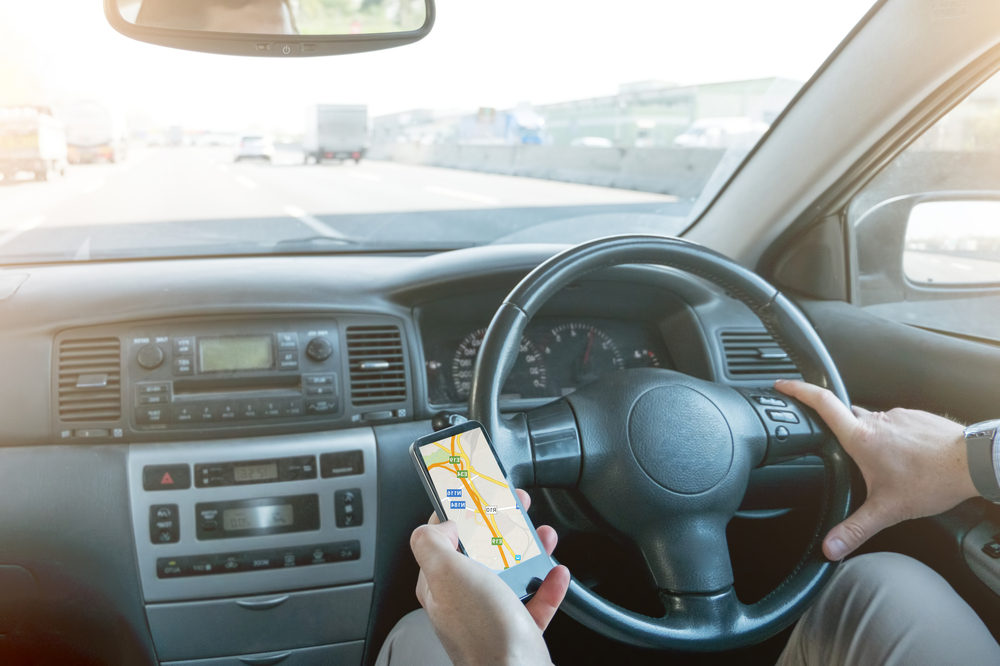
6 Driving Offences You Might Not Know Are Illegal
From driving without insurance to using your phone at the wheel, there are countless driving offences that are well known for being illegal. However, some motorists may be guilty of committing other driving offences without realising it. Here are 6 driving offences you might not know are illegal:
Overtaking at a pedestrian crossing
If you’re approaching a pedestrian crossing on a multi-lane road and a car is already stationary, it’s illegal to overtake it when the lights change to green. This law was introduced to protect pedestrians who might not be visible due to the stationary car blocking your view.
Flashing your lights for anything other than warning drivers of your presence
Some motorists commonly flash their lights to give way or to warn drivers of dangers on the road. However, the Highway Code states that drivers should only flash their lights if they need to alert other drivers of their presence and “Do not flash your headlights to convey any other message or intimidate other road users”. It has been reported that the Highways Agency claim that a breach could land people up in court but we doubt that to be the case. If however you flash your lights to warn other drivers of a speed camera you may face prosecution for police obstruction.
Using your phone as a sat nav without fixing it to the windscreen or dashboard
It is illegal to use a hand-held mobile as a sat nav when driving. To avoid breaking the law, your phone must be fixed to the windscreen or dashboard so that it’s in clear sight without having to be held.
Parking on the wrong side of the road at night
When parking at night, drivers must not park their cars facing against the direction of traffic. This law was introduced to prevent other drivers becoming dazzled by the parked car’s headlights. This rule also ensures that rear light reflectors are visible to oncoming cars.
Parking within 10 metres of a junction
Parking within 10 metres of a junction is considered against the law because other drivers may crash into the parked car while turning around a junction
Driving at more than 50mph in a van on a single carriageway road
Vans that are not car-derived must not exceed the following speeds:
- 50mph on single carriageways
- 60mph on dual carriageways
- 70mph on motorways
To speak to one of our experienced driving offence solicitors, please get in touch. We’re available around the clock so you can rest assured we’ll be on hand when you need us.
Read More